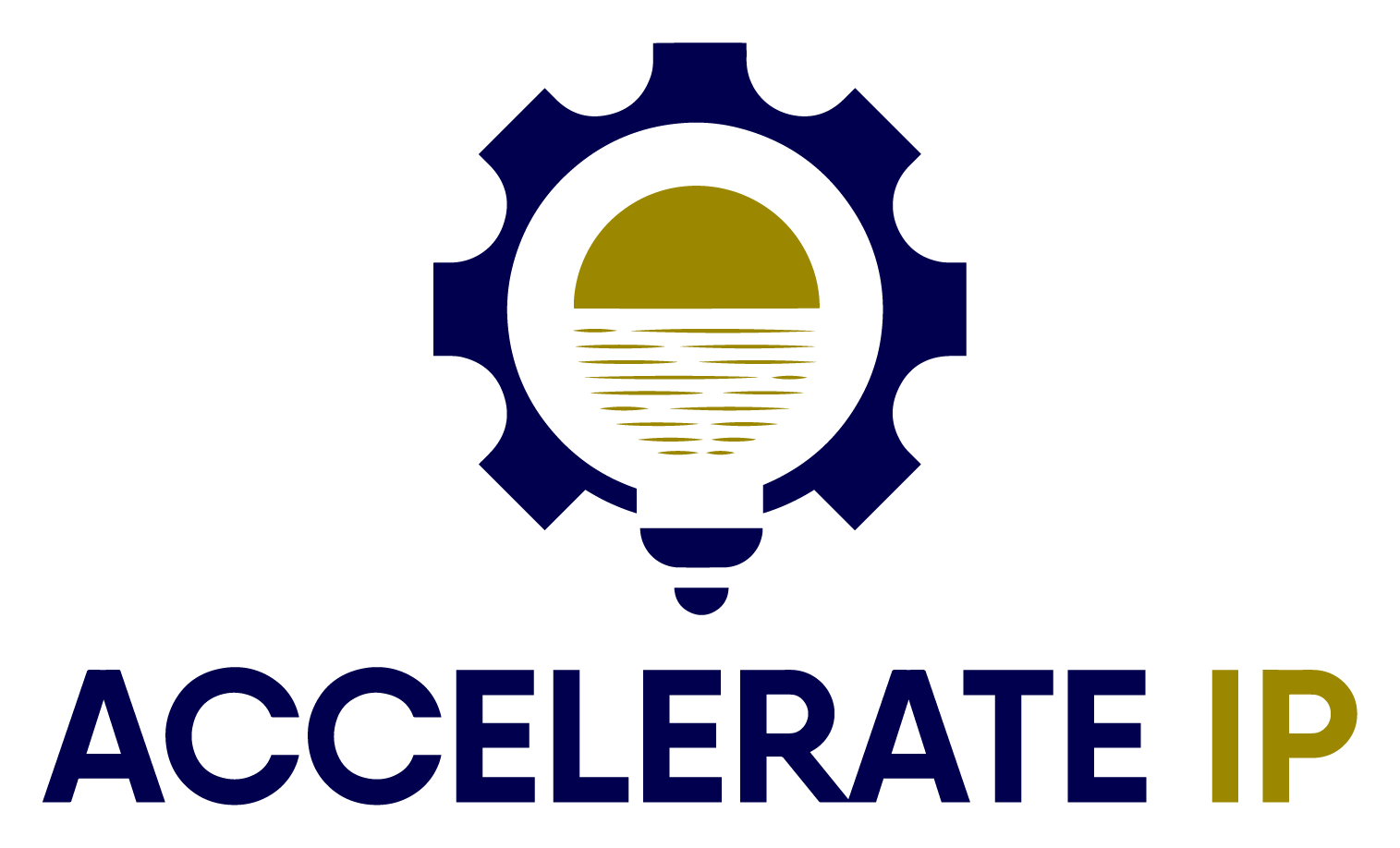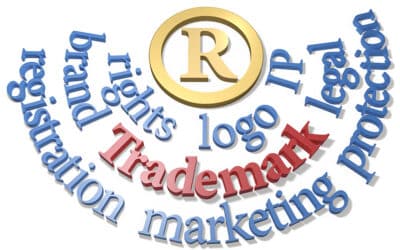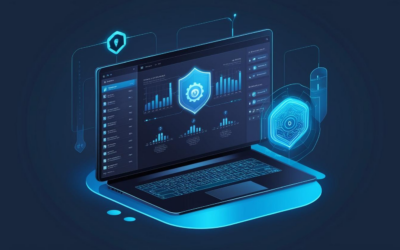Future of the Internet
The internet has been one of the most revolutionary inventions of our time. It allows us to communicate with each other, buy the items we want and much, much more. At the same time, millions of people are still being defrauded by other people throughout the globe and it creates cybersecurity risks and threats that can bring companies to its knees. So, 61 Countries have signed what is called “The Declaration for the Future of the Internet.”
The U.S. Department of State‘s website states that the principles include commitments to:
- “Protect human rights and fundamental freedoms of all people;
- Promote a global Internet that advances the free flow of information;
- Advance inclusive and affordable connectivity so that all people can benefit from the digital economy;
- Promote trust in the global digital ecosystem, including through protection of privacy; and
- Protect and strengthen the multi-stakeholder approach to governance that keeps the Internet running for the benefit of all.”
So What? Why do we even care about the Future of the Internet?
It will be interesting to see what the future holds for this Declaration.
Photo by Don Shin on Unsplash
US Trademark Office Cancels Marvel, DC’s ‘Super Hero’ Marks
In a stunning turn of events that reads like a comic book plot itself, the U.S. Patent and Trademark Office’s Trademark Trial and Appeal Board (TTAB) has canceled four longstanding trademarks for “Super Hero” and “Super Heroes” jointly owned by comic book giants Marvel and DC Comics.¹ The September 26, 2024 decision marks the end of a 57-year monopoly on terms that have become synonymous with an entire entertainment genre.
What Is a Trademark and Why Do You Need One?
What Is a Trademark and Why Do You Need One? If you’re building a business, protecting your brand should be one of your top priorities. One of the most effective ways to safeguard your company’s identity is through trademark registration.
AI and Copyright Law: Complete Guide to the U.S. Copyright Office Report on Artificial Intelligence
The U.S. Copyright Office released a multi-part AI report in 2024-2025. Part 1 addresses digital replicas, Part 2 covers AI-generated content copyrightability. Key finding: only human-authored works qualify for copyright protection. Purely AI-generated content from prompts cannot be copyrighted, but AI can assist human creativity without affecting copyright eligibility.







